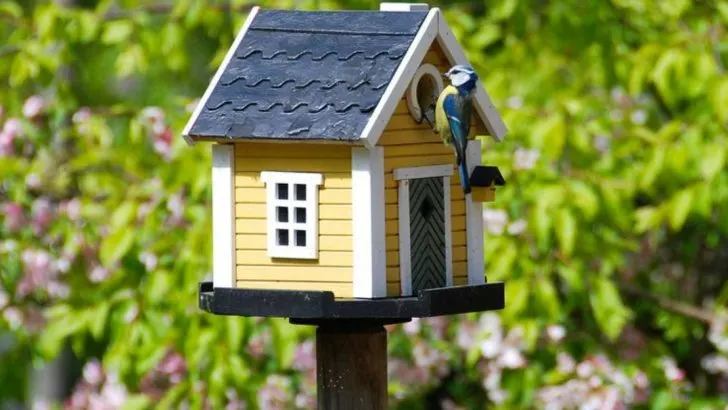June bugs don’t knock. They crash the party—chewing, swarming, laying eggs like it’s their backyard. And if you wait until they show up? Too late. This isn’t the month for garden mayhem. It’s time to fight smart, before the bugs take a bite out of your basil and leave your lettuce in shreds. You don’t need sprays that smell like regret or tactics better suited for a sci-fi movie. These 10 simple, non-toxic tricks will keep your garden calm, collected, and crawling with nothing but good vibes.
Neem Oil Applications
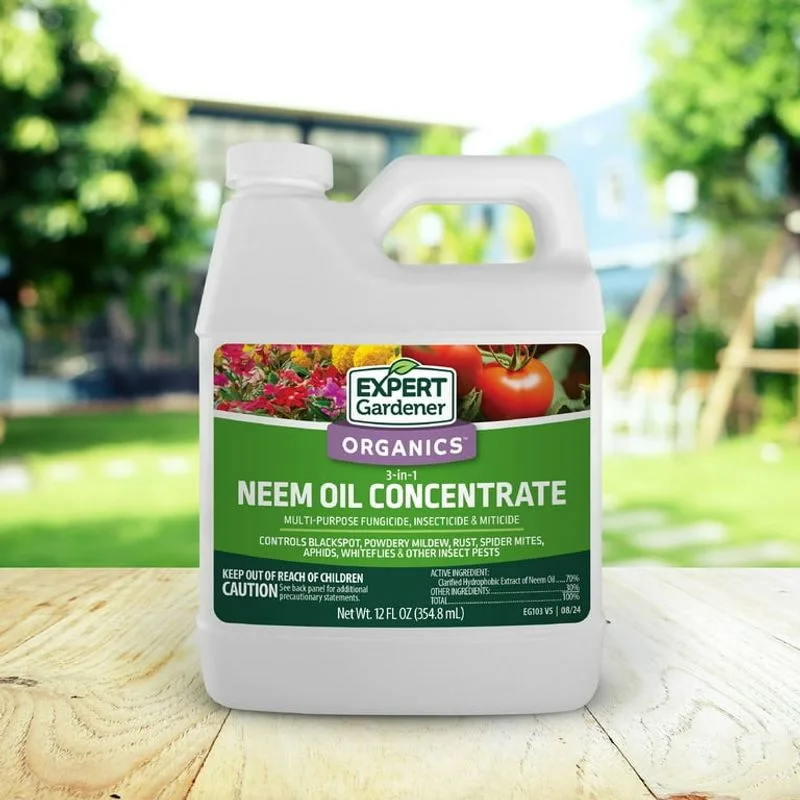
Neem oil, a natural extract from the neem tree, serves as a powerful deterrent against June bugs. Its efficacy lies in disrupting their life cycle without harming beneficial insects. Regular application ensures your plants remain protected while promoting a healthy ecosystem.
Interestingly, neem oil has been used in traditional agriculture for centuries, showcasing its timeless effectiveness. Its versatility and low toxicity make it an ideal choice for organic gardeners who wish to maintain a vibrant garden.
When used consistently, neem oil not only prevents infestations but also nourishes plants, fortifying them against other potential threats.
Companion Planting Techniques
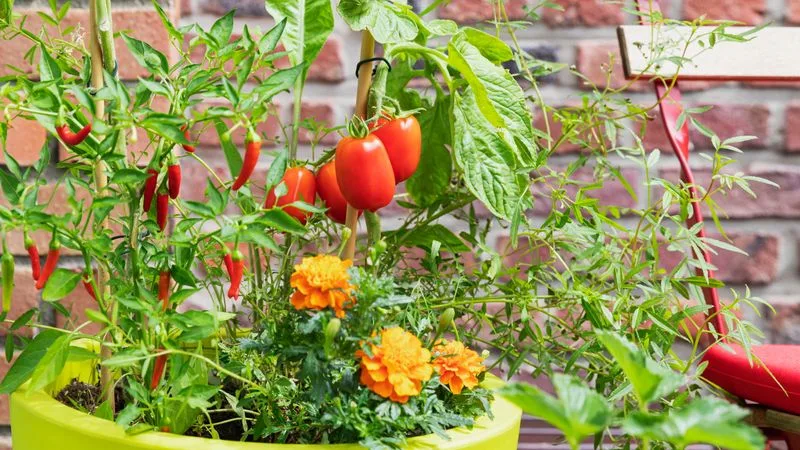
Companion planting is an age-old strategy that uses nature’s balance to ward off pests like June bugs. By planting certain species together, such as marigolds and tomatoes, you can naturally repel unwanted insects while enhancing plant growth.
This method not only adds beauty to your garden but also encourages a thriving ecosystem. The interactions between plants can deter harmful pests and attract beneficial insects.
Such techniques have roots in ancient farming practices, proving that sometimes the best solutions are also the simplest. Experience a kaleidoscope of colors and a harmonious garden environment.
Birdhouses to Attract Natural Predators
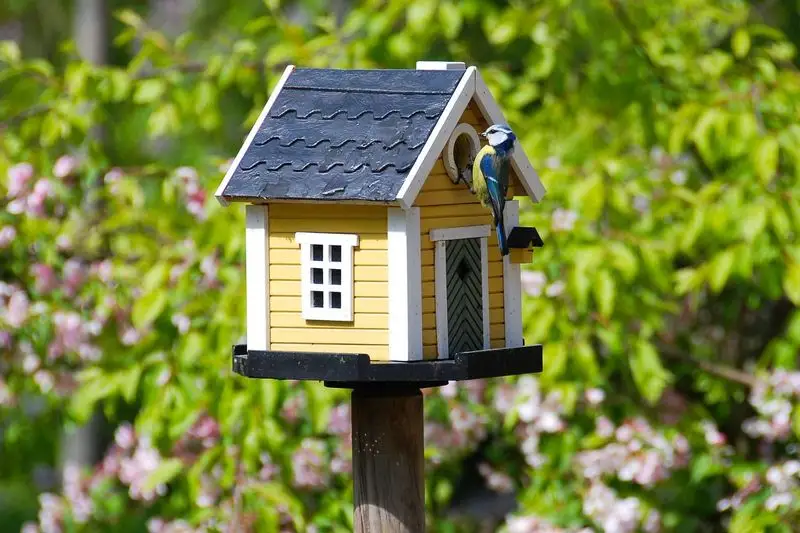
Inviting birds to your garden is a delightful way to control June bug populations. By installing birdhouses, you encourage these natural predators to make your space their home. Birds, particularly those that feast on insects, can dramatically reduce pest numbers.
This approach not only aids in pest management but also adds a touch of nature to your garden’s ambiance. A variety of bird species can offer year-round pest control, ensuring your plants thrive without chemical intervention.
Birdhouses also provide educational opportunities, allowing you to observe and learn about local avian life.
Diatomaceous Earth Spread
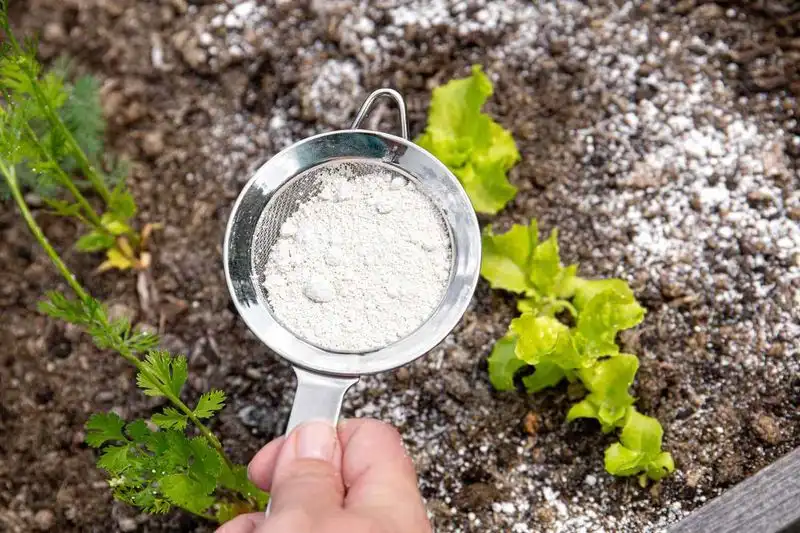
Diatomaceous earth, composed of fossilized algae, provides an effective and chemical-free way to tackle June bugs. Its abrasive nature damages the exoskeletons of insects, leading to their elimination.
Sprinkling this powder around plants creates a protective barrier that deters pests while remaining safe for humans and pets. It’s a versatile option for those seeking a non-toxic solution.
A fascinating aspect of diatomaceous earth is its origin, formed over millennia from ancient aquatic organisms. Its natural and gentle application makes it a popular choice for eco-conscious gardeners.
Essential Oil Sprays
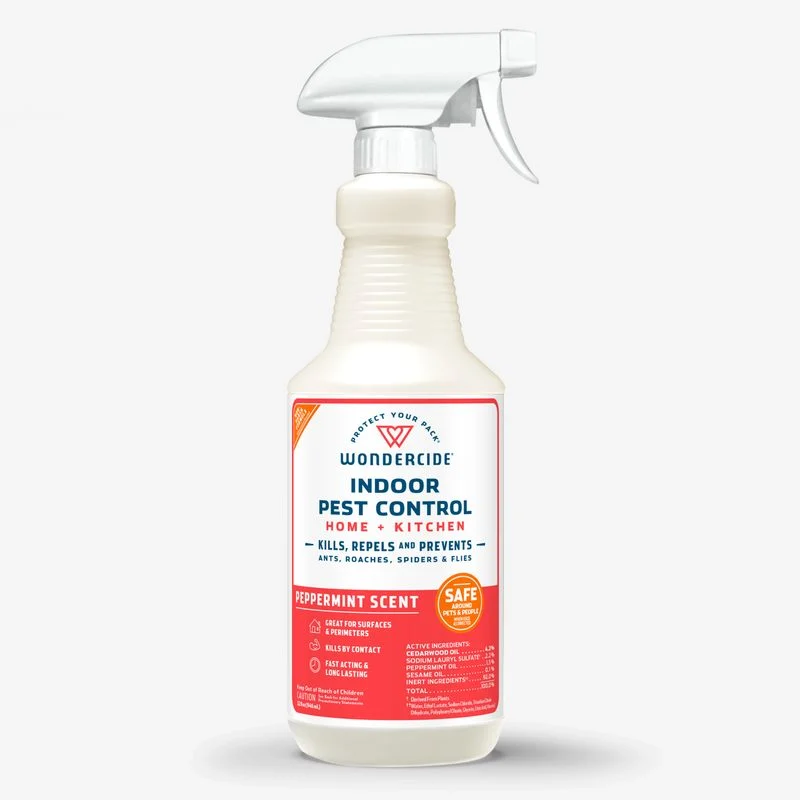
Harnessing the power of essential oils, such as peppermint or lavender, offers a fragrant and effective way to deter June bugs. These oils can be mixed with water and sprayed onto plants, creating an aromatic barrier.
The benefits of essential oils extend beyond pest control, providing a fresh scent that enhances the garden experience. This method is perfect for those who appreciate a multi-sensory approach to gardening.
Essential oils have been cherished for centuries, not only for their fragrances but also for their myriad uses in natural remedies and wellness practices.
Garden Netting and Barriers
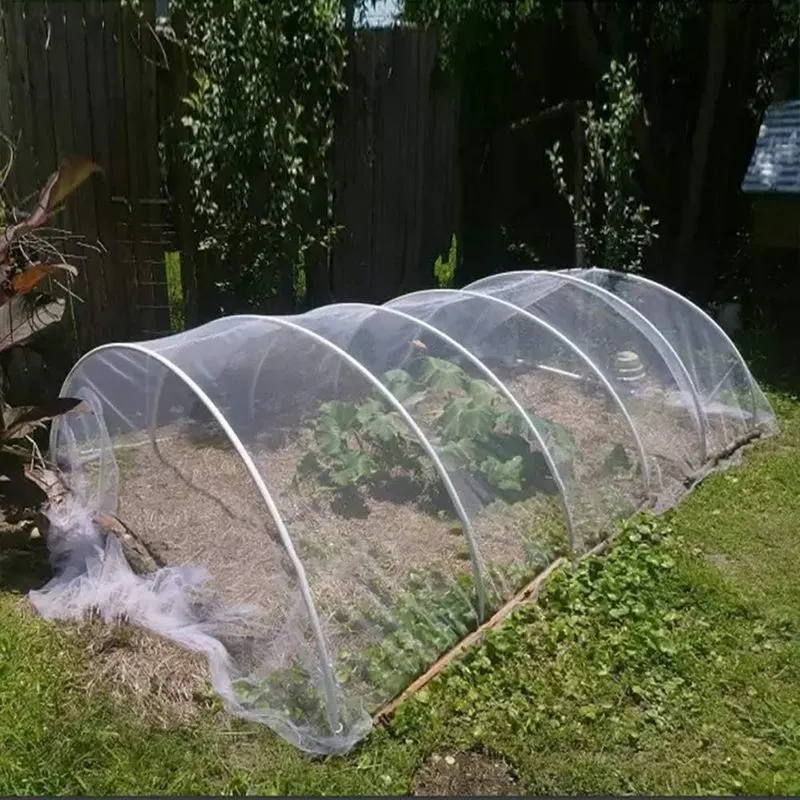
Garden netting offers a physical barrier against June bugs, preventing them from reaching vulnerable plants. This simple yet effective method keeps pests at bay while allowing sunlight and rain to nourish the garden.
Utilizing netting ensures that your crops grow undisturbed, free from chemical interference. It’s an environmentally friendly option for protecting your harvest.
Garden netting can be easily installed and adjusted, making it a flexible solution for gardens of all sizes. Enjoy the peace of mind that comes with safeguarding your plants naturally.
Beneficial Nematodes Introduction
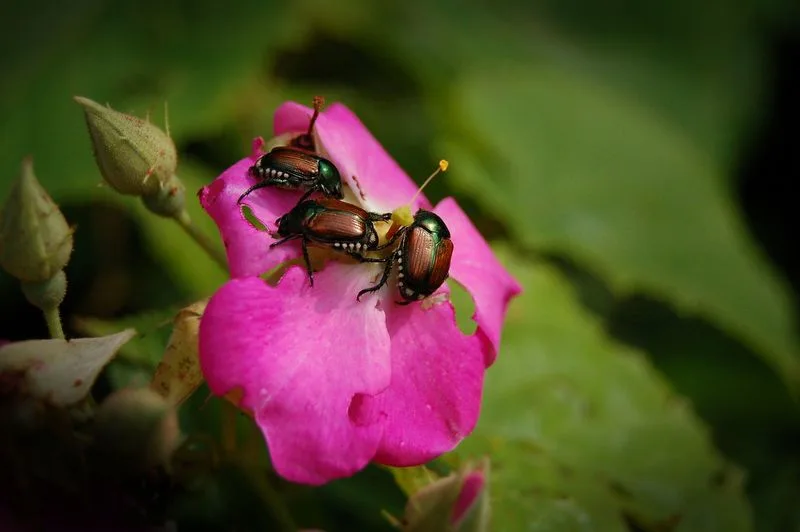
Introducing beneficial nematodes into your garden soil is a biological strategy to control June bugs. These microscopic organisms prey on pest larvae, reducing future infestations naturally.
This method supports soil health while providing a targeted approach to pest management. Nematodes coexist with other beneficial microbes, promoting a robust garden ecosystem.
By employing nematodes, gardeners harness a natural predator-prey relationship, minimizing pest issues without harsh chemicals. It’s a strategic choice for those committed to sustainable gardening practices.
Natural Predators Release
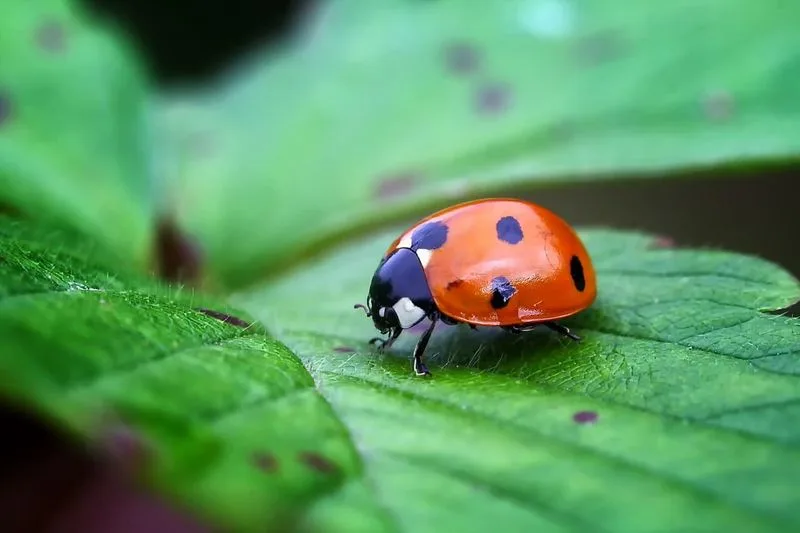
Releasing natural predators like ladybugs offers an engaging way to manage June bug populations. These voracious feeders can help maintain balance by consuming pests that threaten your garden.
This approach not only addresses pest issues but fosters a vibrant biodiversity within your garden. Encouraging the presence of such beneficial insects supports an overall healthy ecosystem.
The sight of ladybugs on plants brings a cheerful, colorful presence, celebrating the cycle of life in your garden. It’s an enjoyable and eco-friendly strategy for pest prevention.
Organic Fertilizers and Soil Health
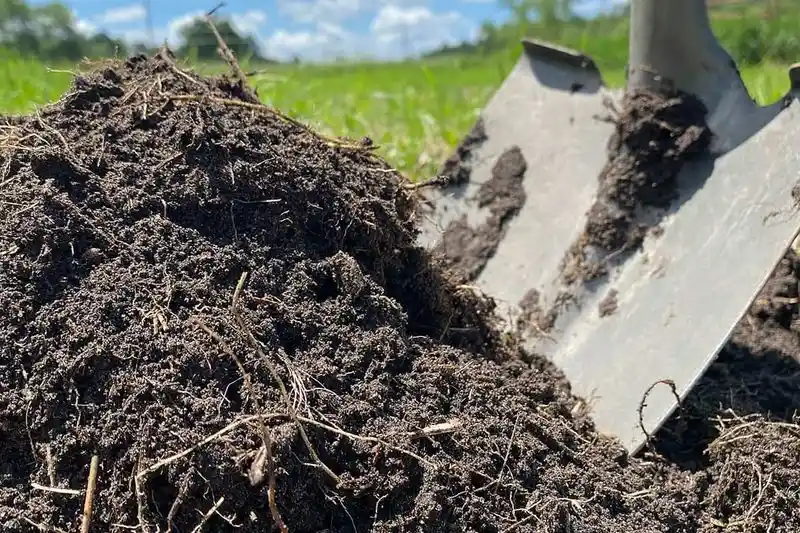
Maintaining soil health through organic fertilizers plays a crucial role in preventing June bug infestations. Healthy soil promotes robust plant growth, naturally reducing pest attraction.
By enriching the soil with compost and other organic materials, gardeners create a thriving environment that deters pests. This focus on soil quality ensures long-term plant health and resilience.
Embracing organic fertilizers not only supports pest management but also enhances the garden’s overall vitality and productivity. It’s a sustainable way to cultivate a flourishing garden ecosystem.
Regular Garden Maintenance

Consistent garden maintenance, including pruning and debris removal, is vital for preventing June bug infestations. By keeping the garden tidy, you reduce hiding places and breeding grounds for pests.
Regularly inspecting plants allows gardeners to catch pest issues early, addressing them before they escalate. This proactive approach helps maintain a healthy garden environment.
Taking the time to care for your garden not only prevents pest problems but also fosters a deeper connection with the natural world. It’s a rewarding practice that benefits both the gardener and the environment.

